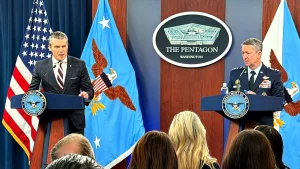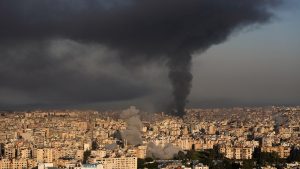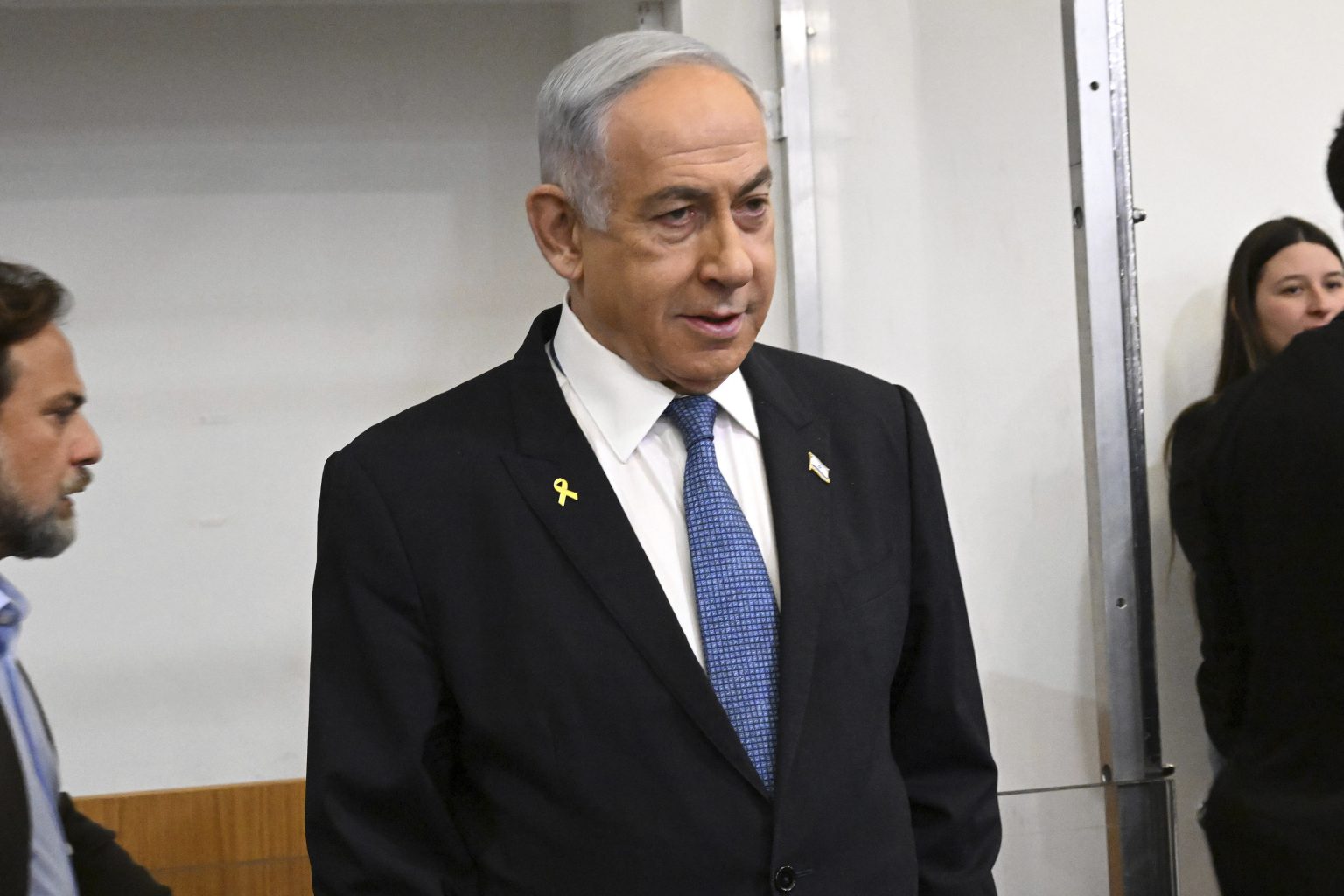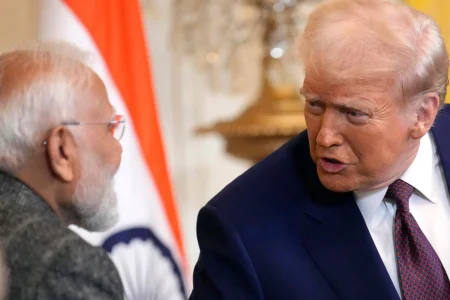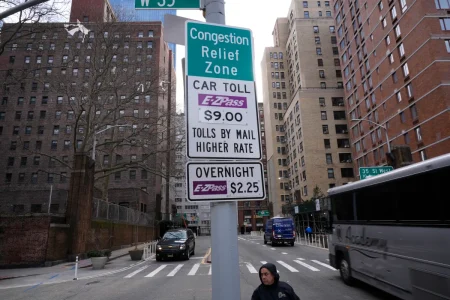Israeli Prime Minister Benjamin Netanyahu’s recent prostate surgery and subsequent release from the hospital intertwines with the escalating conflict in Gaza, creating a complex and volatile situation with significant political and humanitarian ramifications. Netanyahu’s health, while seemingly a personal matter, becomes a factor in the leadership of a nation embroiled in conflict, impacting decision-making and potentially influencing the course of the Israeli-Palestinian crisis. His brief departure from the hospital against medical advice to participate in a parliamentary vote underscores the pressure he faces to maintain control amidst both personal and national crises. The ongoing conflict in Gaza, marked by escalating casualties and humanitarian concerns, further complicates the situation, creating a backdrop of intense pressure and uncertainty against which Netanyahu’s recovery unfolds.
The timing of Netanyahu’s hospitalization coincides with a particularly violent phase in the Gaza conflict. Israeli airstrikes have resulted in significant Palestinian casualties, including women and children, prompting international concern and condemnation. The targeting of Hamas-run police forces, while strategically justified by Israel as disrupting Hamas’s operations, has also contributed to the breakdown of law and order in Gaza. This breakdown hampers the delivery of humanitarian aid, exacerbating the suffering of the civilian population. The already precarious humanitarian situation in Gaza is further complicated by accusations that Hamas is hijacking aid, making it difficult for international organizations to effectively provide assistance.
The backdrop of Netanyahu’s health crisis and the escalating conflict in Gaza is further complicated by the ongoing corruption trial against him. Netanyahu’s defiant stance against these charges, characterizing them as insignificant compared to his duty to protect Israel, adds another layer of complexity to his leadership. His determination to continue governing while facing both health challenges and legal proceedings underscores his resolve, but also potentially diverts his attention and resources from the pressing humanitarian crisis unfolding in Gaza. The confluence of these factors – personal health, legal battles, and the escalating conflict – creates a highly charged political atmosphere within Israel.
The international community is closely monitoring the unfolding events in Gaza, with growing concern over the rising death toll and the deteriorating humanitarian situation. The World Health Organization has called for increased access to medical care and the evacuation of critically ill patients from Gaza, highlighting the urgent need for humanitarian intervention. The sheer number of casualties, particularly among women and children, has sparked outrage and calls for a de-escalation of violence. The international community faces the challenge of balancing condemnation of the violence with the need to facilitate a peaceful resolution and address the urgent humanitarian needs of the Palestinian population.
The future trajectory of the conflict remains uncertain, with the potential for further escalation. Netanyahu’s recovery and his ability to effectively lead during this critical time will be a significant factor in determining Israel’s approach to the conflict. The international community’s response, including potential diplomatic efforts and humanitarian aid, will also play a crucial role in shaping the outcome. The immediate priority is to address the humanitarian crisis in Gaza, ensuring access to medical care and essential supplies for the affected population. A longer-term solution will require a concerted effort from all parties involved to address the underlying causes of the conflict and work towards a sustainable peace.
The convergence of Netanyahu’s health issues, his ongoing corruption trial, and the intensifying conflict in Gaza presents a complex and multifaceted challenge for both Israel and the international community. The situation demands careful consideration of the interconnectedness of these factors and the potential consequences of each action taken. The immediate focus must be on mitigating the humanitarian crisis in Gaza, while also working towards a long-term solution that addresses the root causes of the conflict. The international community must play an active role in facilitating dialogue and providing humanitarian assistance, with the ultimate goal of achieving a lasting peace in the region.
